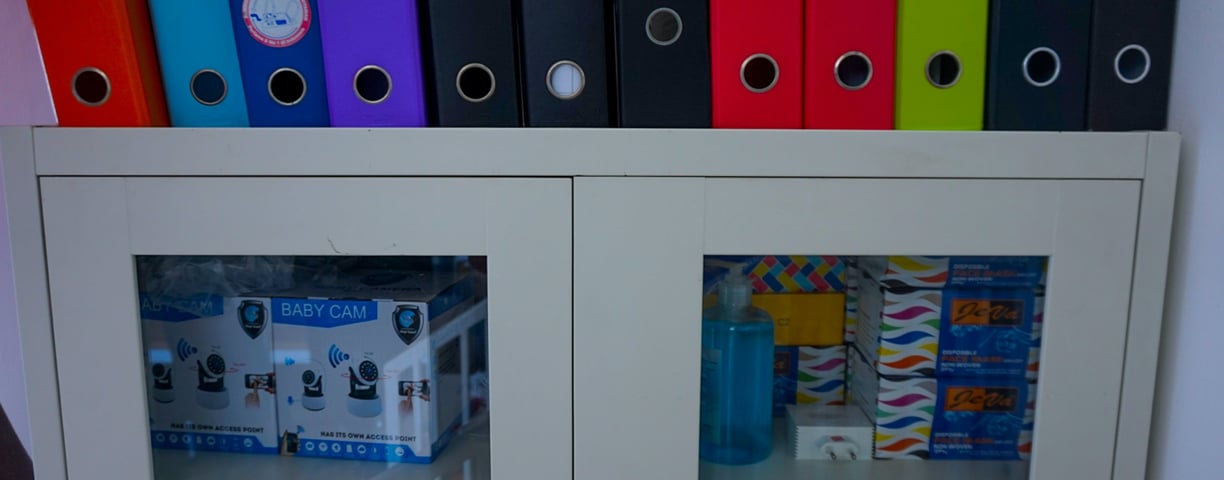What to Do If You're Denied SR-22 Insurance: Exploring Alternative Options
Securing SR-22 insurance is a crucial step for individuals who have been deemed high-risk drivers due to issues such as DUI convictions, multiple traffic violations, or driving without insurance. However, there are instances where individuals face the daunting situation of being denied SR-22 insurance. If you find yourself in this predicament, don't panic. In this blog post, we'll explore alternative options and guide you on the steps to take to fulfill legal requirements and get back on the road.


Understanding SR-22 Insurance
Before delving into alternative options, let's briefly understand what SR-22 insurance is. SR-22 is not an insurance policy itself but rather a certificate that proves you have the minimum liability coverage required by your state. It is often mandated by the court or state authorities as a way to monitor high-risk drivers and ensure they maintain insurance coverage.
Reasons for SR-22 Insurance Denial
Several reasons could lead to the denial of SR-22 insurance. Some common factors include:
1. Serious Offenses: Insurance companies may deny coverage if your driving record involves severe offenses such as repeated DUI convictions or reckless driving.
2. Insurance History: A poor insurance history, including lapses in coverage or non-payment of premiums, can lead to denials.
3. High-Risk Category: Insurers may categorize certain individuals as extremely high-risk, making it challenging to find a willing provider.
Alternative Options
1. Explore Different Insurance Providers:
If one insurance company denies you SR-22 coverage, don't lose hope. Shop around and obtain quotes from multiple providers. Some companies specialize in providing coverage to high-risk drivers and may be more lenient than others.
2. Non-Standard Insurance Companies:
Consider reaching out to non-standard insurance companies that specialize in high-risk drivers. While premiums might be higher, these companies are more likely to offer SR-22 coverage.
3. Assigned Risk Pools:
Some states have assigned risk pools or automobile insurance plans for high-risk drivers. These pools ensure that everyone has access to auto insurance, even if traditional insurers deny coverage. Contact your state insurance department to explore this option.
4. Consult an Independent Insurance Agent:
Independent insurance agents have access to a variety of insurance providers and can help you find one willing to offer SR-22 coverage. They can navigate the complexities of insurance markets and find a solution tailored to your needs.
5. Improve Your Driving Record:
Work on improving your driving record by adhering to traffic laws and maintaining a clean record. Over time, as the severity of your violations diminishes, you may find it easier to obtain SR-22 coverage.
Being denied SR-22 insurance can be disheartening, but it's not the end of the road. Explore alternative options, be persistent, and consider seeking guidance from insurance professionals. By taking proactive steps, you can fulfill legal requirements, regain your driving privileges, and eventually transition back to standard insurance coverage. Remember, each situation is unique, so it's essential to assess your circumstances and choose the alternative option that best suits your needs.
